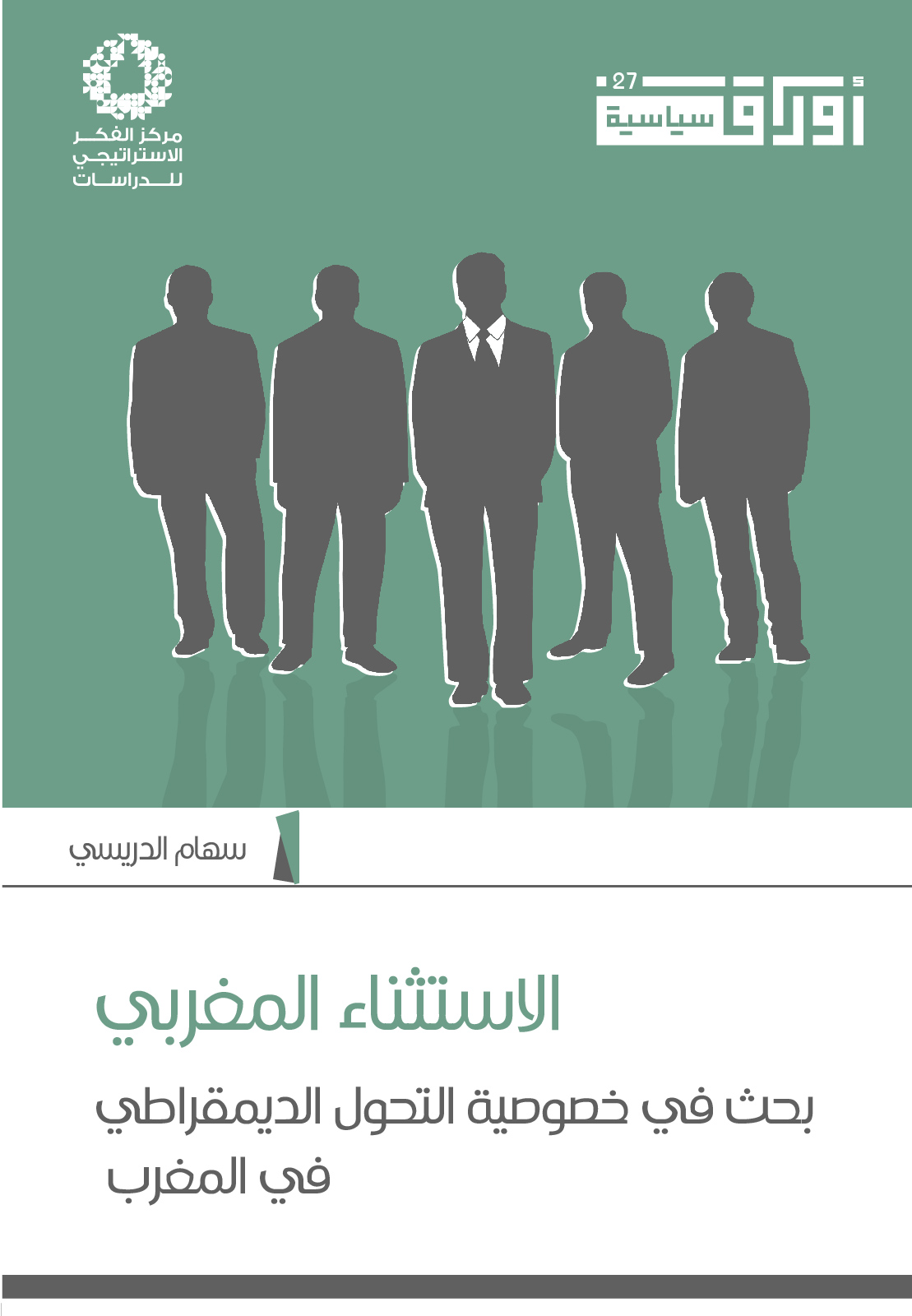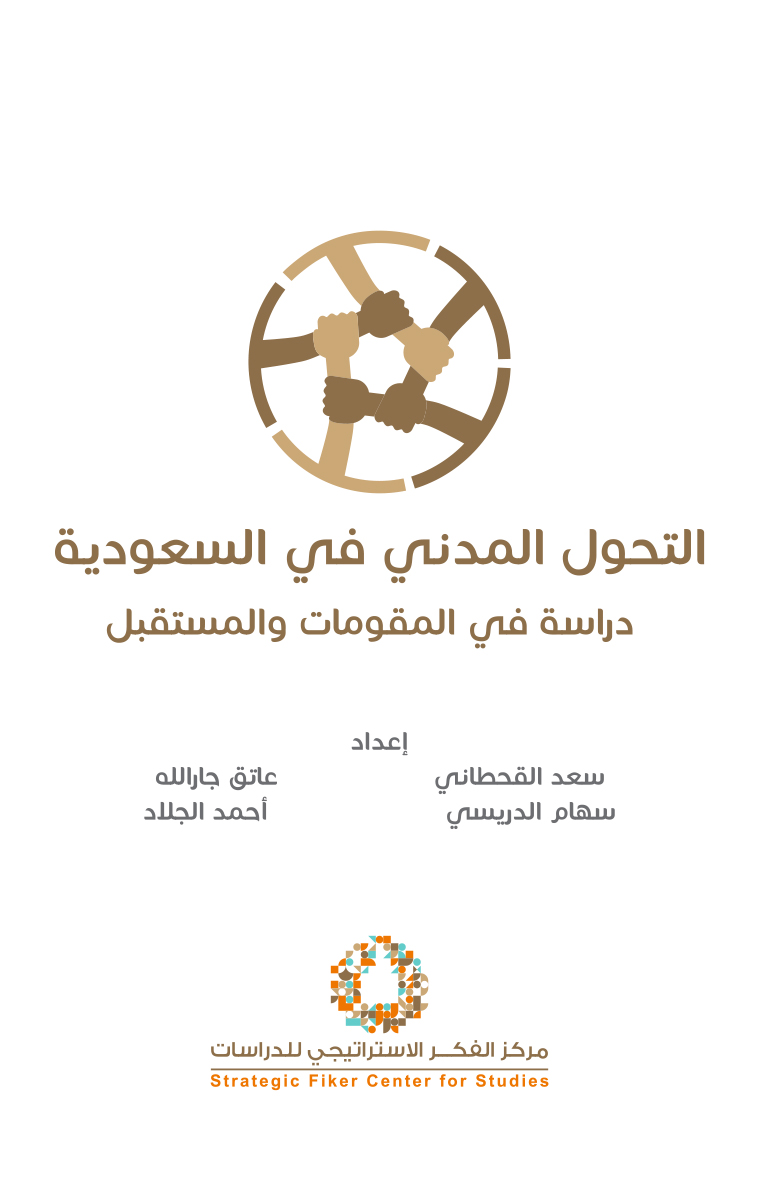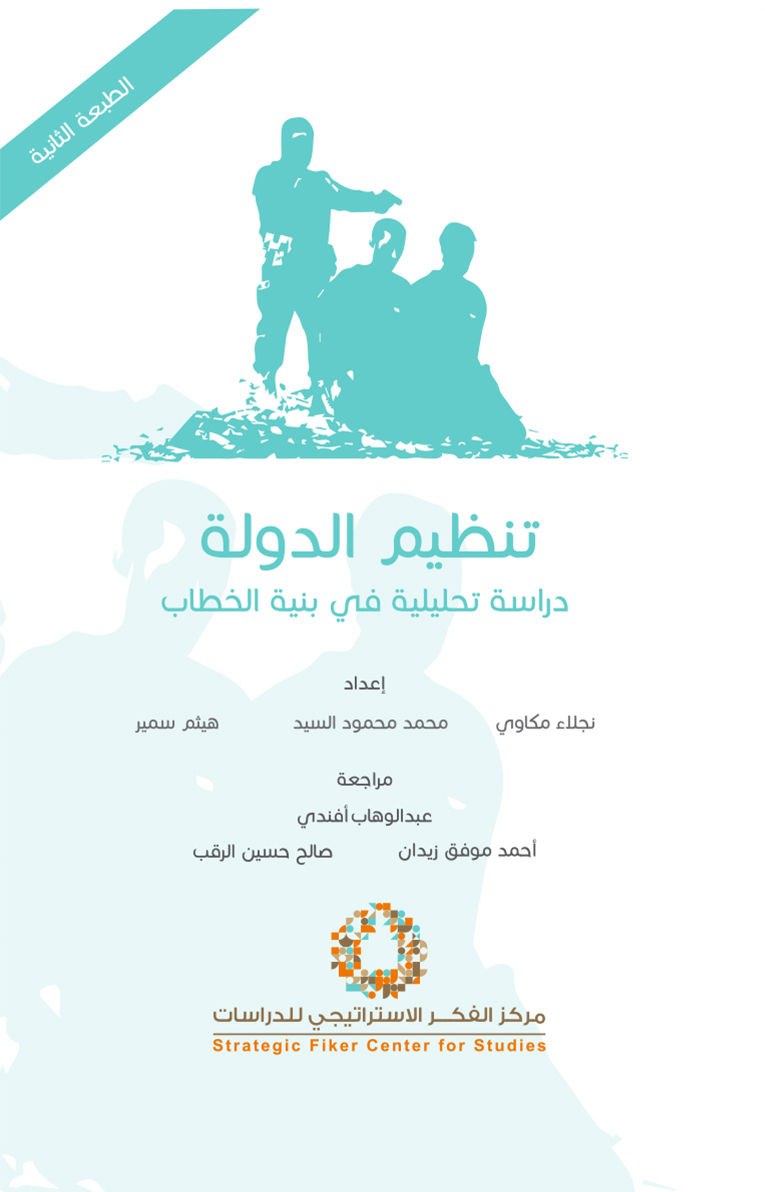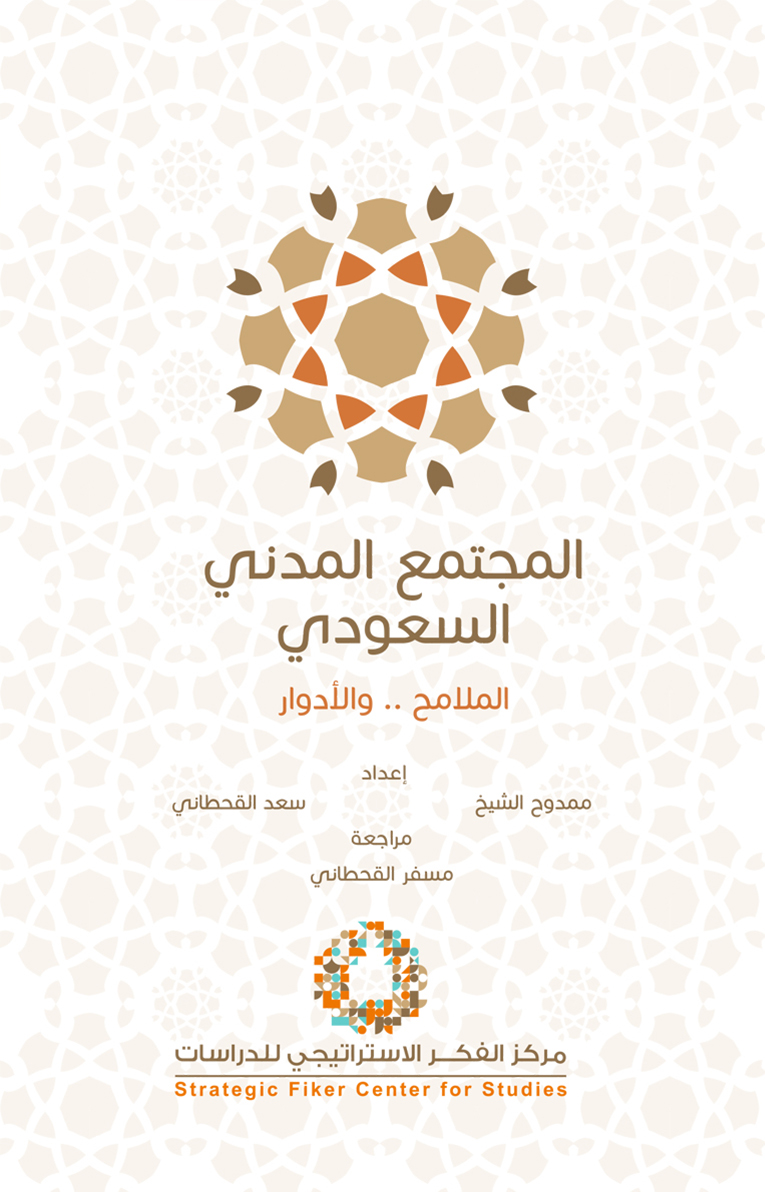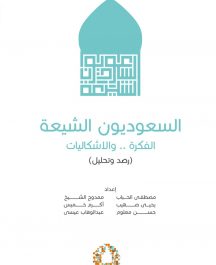Moroccan Exceptionalism: Study on Specificity of Democratic Transition in Morocco
Original price was: 5,00$.4,00$Current price is: 4,00$.
Out of stock
Description
This study examines the instances of pragmatic interaction of the Moroccan Royal Institution and the rest of the influential political actors with the national and regional variables in the period after 2011. It analyzes the bases of the participatory governing experience in this Moroccan model with a particular focus on the current ruling period of ‘Justice and Development Party’ known with its moderate religious ideology. In the light of an evolutionary democratization process, this study examines the political actors’ weakness and their ruling mistakes. It emphasizes the scope of the increasingly charismatic leadership of the King (Mohammed VI) domestically and internationally. It also focuses on the strength of both constitutional and symbolic authority in the political scene. Therefore, Moroccan democratic transition has quietly performed through a series of reforms which are demanded by the citizens, and then implemented by the Royal Institution in response to the wave of revolutions known as the Arab Spring.
Additional information
| Weight | 0,5 kg |
|---|---|
| Dimensions | 19,5 × 13,5 cm |

